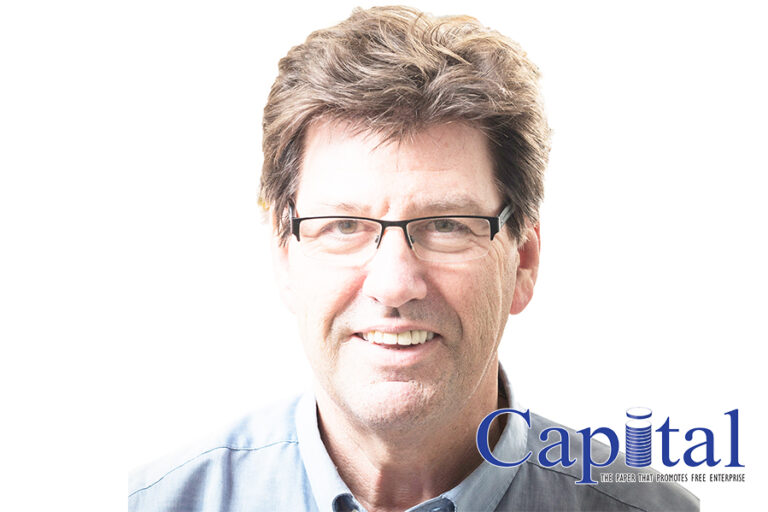A thousand public high school students will be equipped with skills for the future through a project called Girls Can Code in partnership with Honeywell and iCog Anyone Can Code in Ethiopia.
The students will receive training in basic computer and programming skills, creating employment and entrepreneurship opportunities for them after the completion of their training. In addition, the training will also oversee the Training of Trainers (ToT) of 40 teachers allowing them to update their knowledge and improve their income by taking on more responsibilities.
Another partnership MOU has been signed with Efoy Nanny Housekeeping services, Coca-Cola Beverages Africa (CCBA) in Ethiopia will provide a three month training program for 50 unemployed women to equip them with childcare skills and the opportunity to find work.
CCBA formalized its support for these programs by signing Memorandums of Understanding (MOU) last week.
CCBA in Ethiopia Managing Director Daryl Wilson said the company used its industry leadership to be part of the solution, to achieve positive change in the world and to build a more sustainable future for the planet.
“Our aim is to create greater shared opportunity for the business and the communities we serve across the value-chain. Opportunity is more than just money, it’s about a better future for people and their communities everywhere on the African continent.
“We understand that our business can only thrive when the communities we serve thrive too. Investing in communities ensures our business sustainability. Most of all, we are all Africans and are part of our communities,” said Wilson.
“We aim to create inclusive growth opportunities for women, youth, and people with disabilities by defining a consistent way of implementing economic inclusion program across our markets drawing on leading practice for implementing our program. At the same time, we will seek to harness the impact of our economic inclusion initiatives to solve business challenges.
“We identify skills development opportunities to grow businesses through entrepreneurship, and use collaboration and advocacy, while tapping into external funding sources or partnerships where possible, to promote employability.
“Our entrepreneurship program focus on initiatives that provide our target groups with the opportunity to take an existing business to a higher level of operation. Our employability program focus on program that up-skill, re-skill or provide other opportunities that enhance our target group’s prospects of finding sustainable employment.
“The success of these program will be defined by the extent to which we boost income, unlock sustainable earning potential, improve skills, and business knowledge, resulting in access to economic opportunities,” said Wilson.
“Whether donating money, our time or our expertise, we take our responsibility to the communities we call home seriously.”



